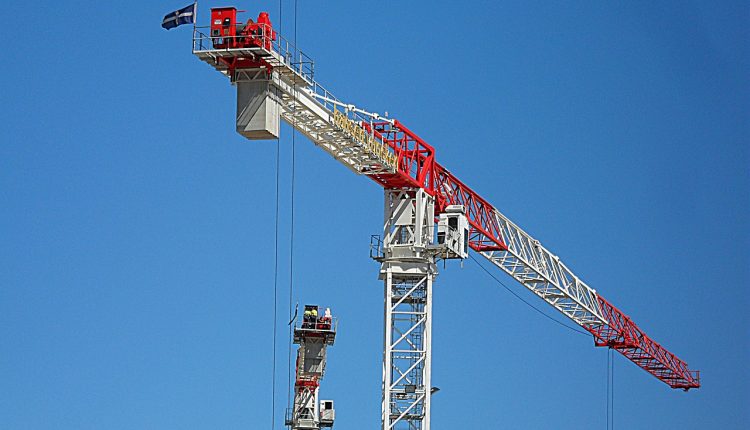Carillion, one of Britain’s largest construction companies, which has a number of high-profile public sector contracts and employs around 20,000 people in Britain alone, is set for liquidation, putting jobs and pensions at risk.
The company manages over 50,000 homes for military personnel, provides 218 schools’ meal services, maintains 50 prisons, provides 11.500 in-patient hospital beds and also has £1.4 billion in joint venture on the HS2 contract. The implications are tremendous. Below Lawyer Monthly has some expert commentary, both in terms of pensions, market disruption and how contracts may now swap hands.
Alexander Wood, Partner in the Insolvency and Business Recovery team at law firm Coffin Mew had this to say: “Perhaps fearing a public backlash over using taxpayers’ money to support a private company, the Government has clearly decided that Carillion should not be another example of ‘being too big to fail’. Consequently, it has not strong-armed Santander, HSBC and other lenders or investors into providing further risky loans to bail the firm out.
“On the other hand, it would be interesting to learn what assurances were given to Carillion, if any, as the Government continued to award it large contracts in the face of repeated profits warnings. Questions are already being asked about this and the Government may have to admit to some uncomfortable shortcomings.
“Carillion’s liquidation raises the spectre of knock-on distress and insolvency along the supply chain. Not all sub-contractors and suppliers will have the resilience to survive the disruption to their cash-flow and there will inevitably be casualties. They should take professional advice immediately to identify strategies to avoid or mitigate any structural or financial issues.
“However, this situation is an opportunity for Carillion’s competitors. Public-sector contracts will likely be taken on directly, meaning employees used for those contracts can transfer across automatically.
“The collapse of Carillion serves as a stark warning to the construction industry. It indicates that no company is ‘safe’ – regardless of size or turnover. But on a deeper level, it raises concerns for the future of the industry, maintenance of public services run by Carillion and the Government’s allocation of contracts. Interesting times lie ahead.”
Nigel Green, the Chief Executive and Founder of deVere Group, said: “The UK woke up to the news this morning of Carillion being forced into compulsory liquidation. This should trigger alarm bells for pension savers across the UK as it puts a huge question mark over the fate of yet another major pension fund.
“The government’s pensions lifeboat, the Pension Protection Fund (PPF), is now to take over payment of pensions for the company’s retirement scheme members. It can be reasonably expected that those members who are not yet drawing their Carillion pension could now experience a drop of at least 10 per cent to their retirement income.
“Whilst the PPF is an important and valuable support, UK final-salary pension schemes have an enormous deficit blackhole, which raises the inevitable question, ‘how many more big hits can the PPF take?’”
He continues: “This deeply depressing, and now all-too-frequent, turn of events should be a wake-up call to pension savers.
“The fact of the matter is that despite rising stock markets and a positive global economic outlook, companies – including some of the biggest brands and household names – are severely struggling to fund their pension funds for a variety of reasons. These include, amongst other factors, falling gilt yields, which have driven up transfer values. This is good news for those wishing to take money out of the defined benefit scheme, but these larger pay-outs put further pressure on the pension schemes themselves – many of which are already critically underfunded.
“To help avoid unwelcome surprises, I would suggest that pension savers regularly and thoroughly review their pensions to become aware of what could represent a risk to their retirement income.”
Addressing pension savers directly, the deVere CEO concludes: “You’ve prudently put away money throughout your working life in order to be able to enjoy your retirement. That retirement income is precious. You should now ensure that you are properly diversified to mitigate any potential risks to that income and take advantage of the opportunities that exist.”




